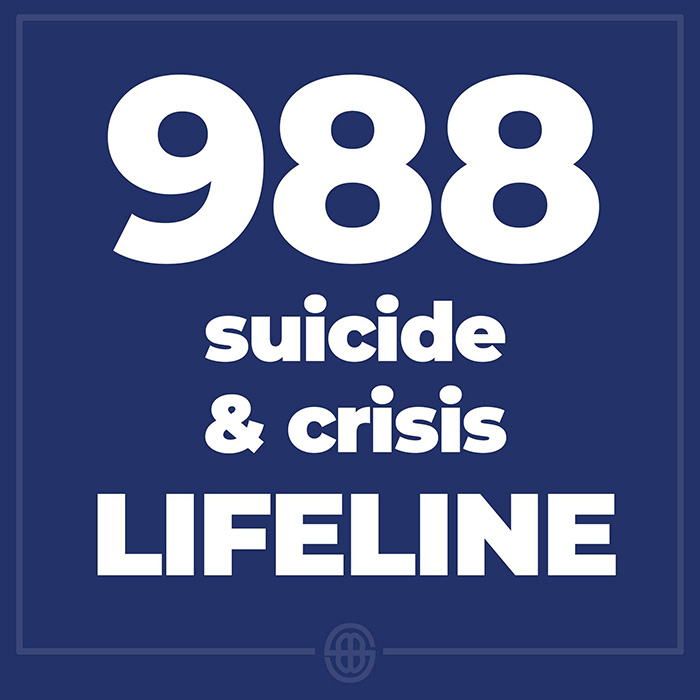Kylie Hobson, University of Richmond law student, contributed to this article.
Governor Youngkin’s veto of HB 81 to abolish the common law crime of suicide in Virginia is a big disappointment. It is also surprising, given the governor’s leadership in improving the state’s mental health system. The bill’s supporters included Mental Health America of Virginia, NAMI Virginia, VOCAL Virginia and several family members of individuals who died by suicide.
As we have written previously, even though the term “suicide” is nowhere in the Virginia criminal code, voluntarily taking one’s own life is still a crime in Virginia. Common law is law based on previous court decisions instead of on statutes or codes made by a legislature. Virginia’s common law is based on English common law, a legal system derived from court decisions in England since the Middle Ages.
Common law remains in effect in Virginia unless the legislature passes a bill repealing the common law. This is what made HB 81 so important. The General Assembly must pass a bill explicitly saying suicide is not a crime—if not, the common law provision remains, and suicide stays a crime. The General Assembly has already repealed the punishment for suicide, “forfeiture of estate,” in Virginia Code § 55.1-103.
Decriminalizing suicide is crucial to protecting the dignity of those who die by suicide and their families. Those who lose a loved one to suicide often report feeling isolated and judged. Virginia labelling their loved one a common-law criminal only adds to the stigma often associated with suicide. Erasing this stigma is an essential element of suicide prevention.
Some families also report unfavorable tax and insurance implications. Del. Simon added a delayed enactment to his bill, to give the Bureau of Insurance a year to study the issue and ensure no major setbacks for the insurance industry.
The final bill passed the House 61 to 39, and the Senate 21 to 19. The bipartisan support in the House provided the governor enough cover to amend the bill rather than veto it if his team had so desired. All they had to do was listen to family survivors who supported its passage.
[If you or someone you know is in a mental health crisis, call the Suicide and Crisis Lifeline at 988 any time. If there is not a crisis, but a need to talk, call or text Mental Health America of Virginia’s peer run Warm Line at 866.400.6428 9 a.m. to 9 p.m. M-F and 5 p.m. to 9 p.m. weekends.]




